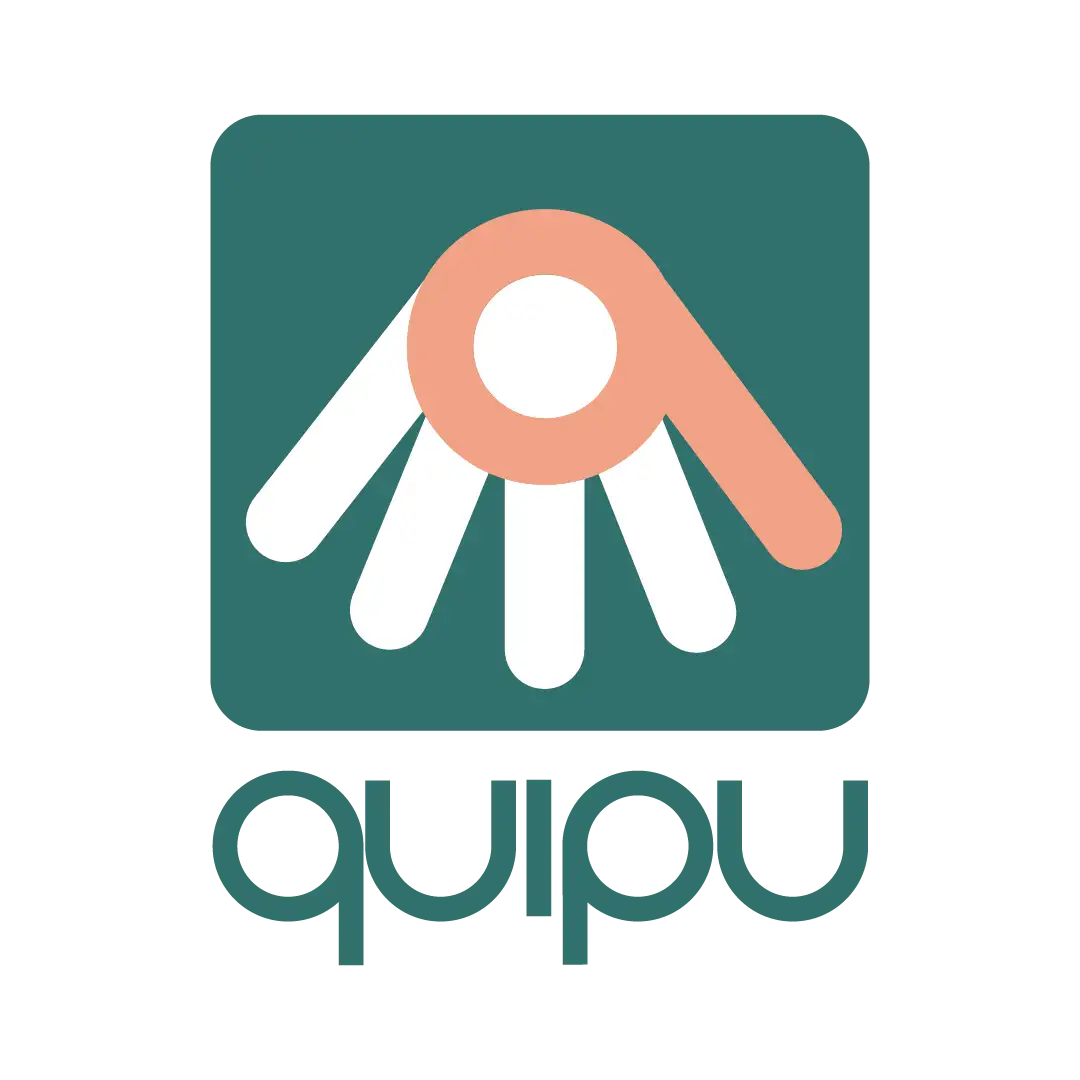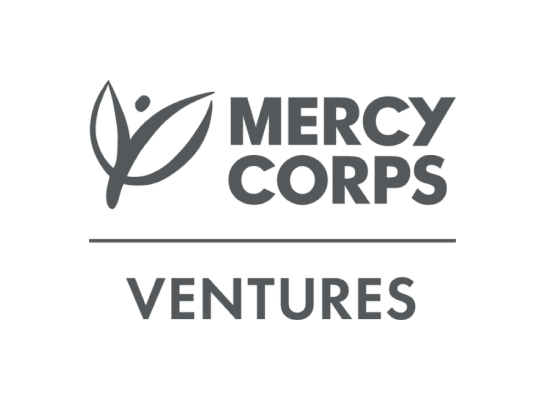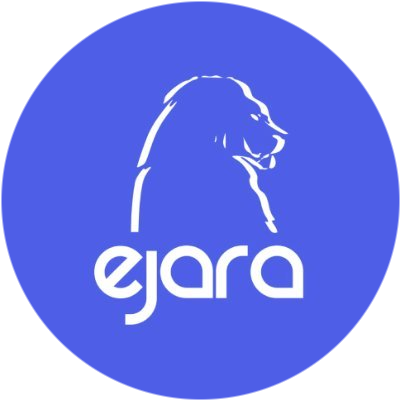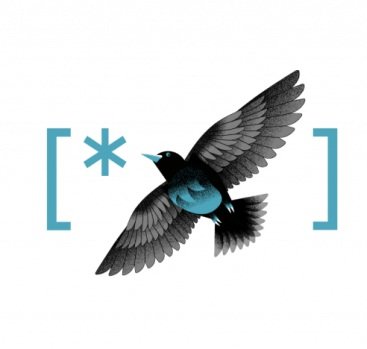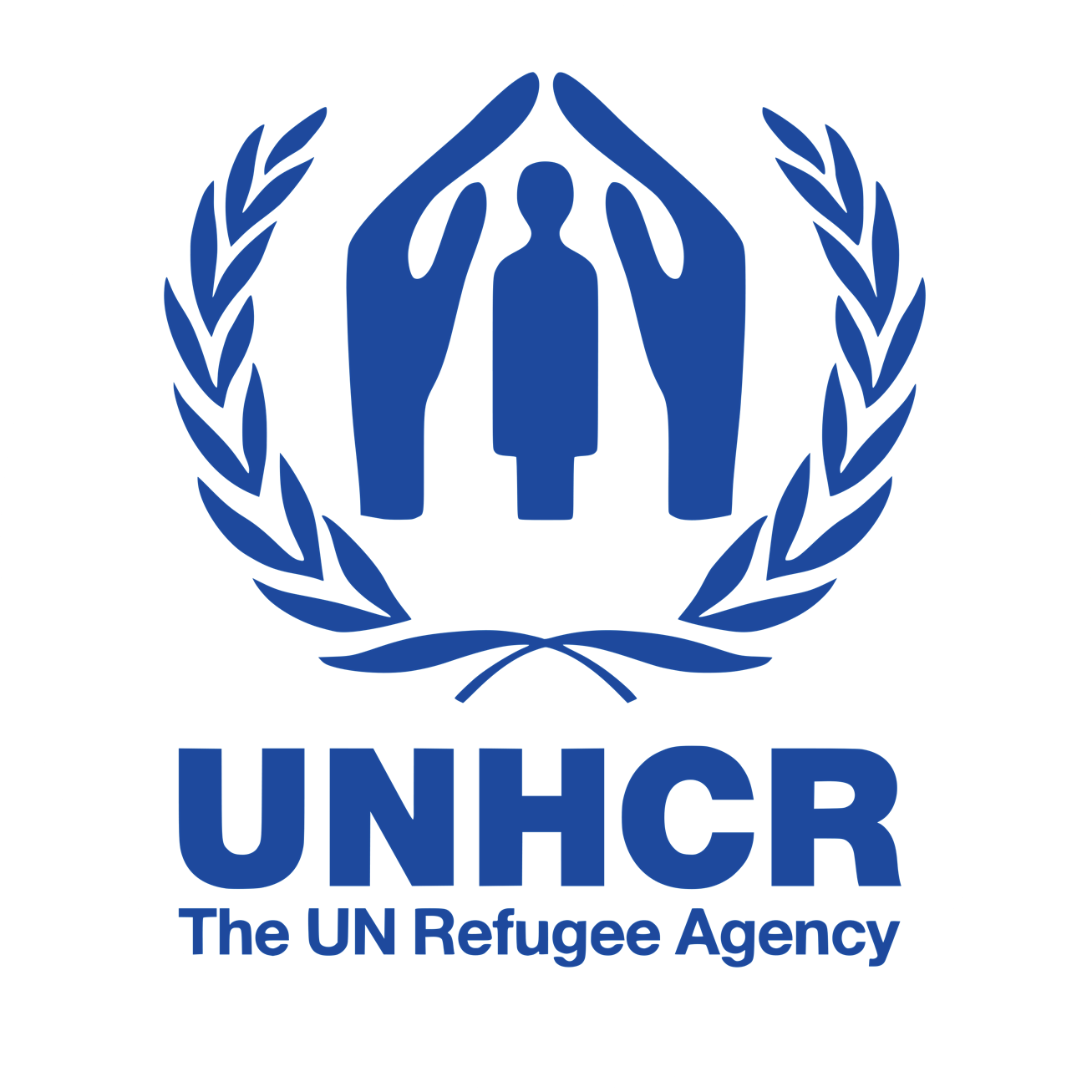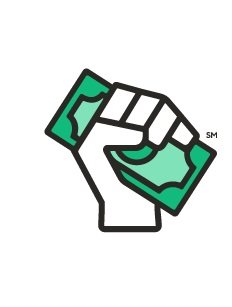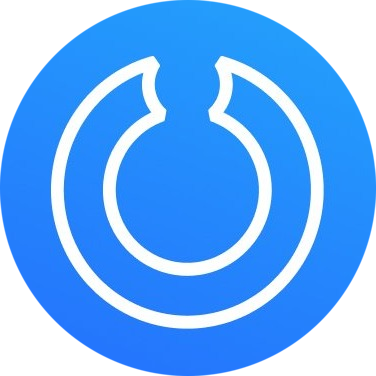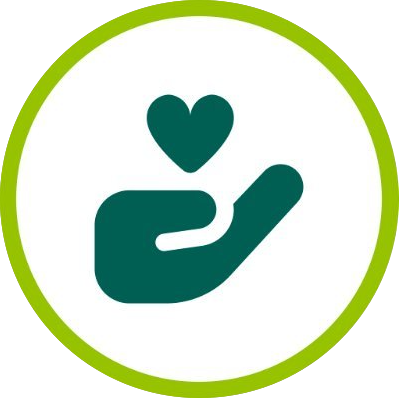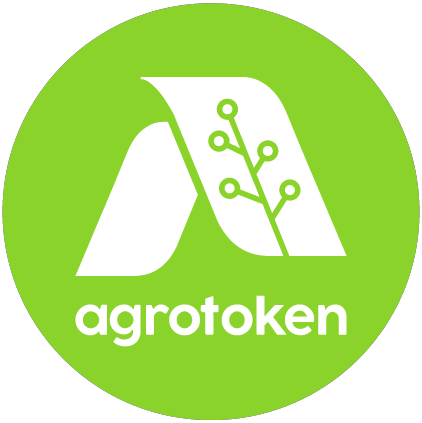
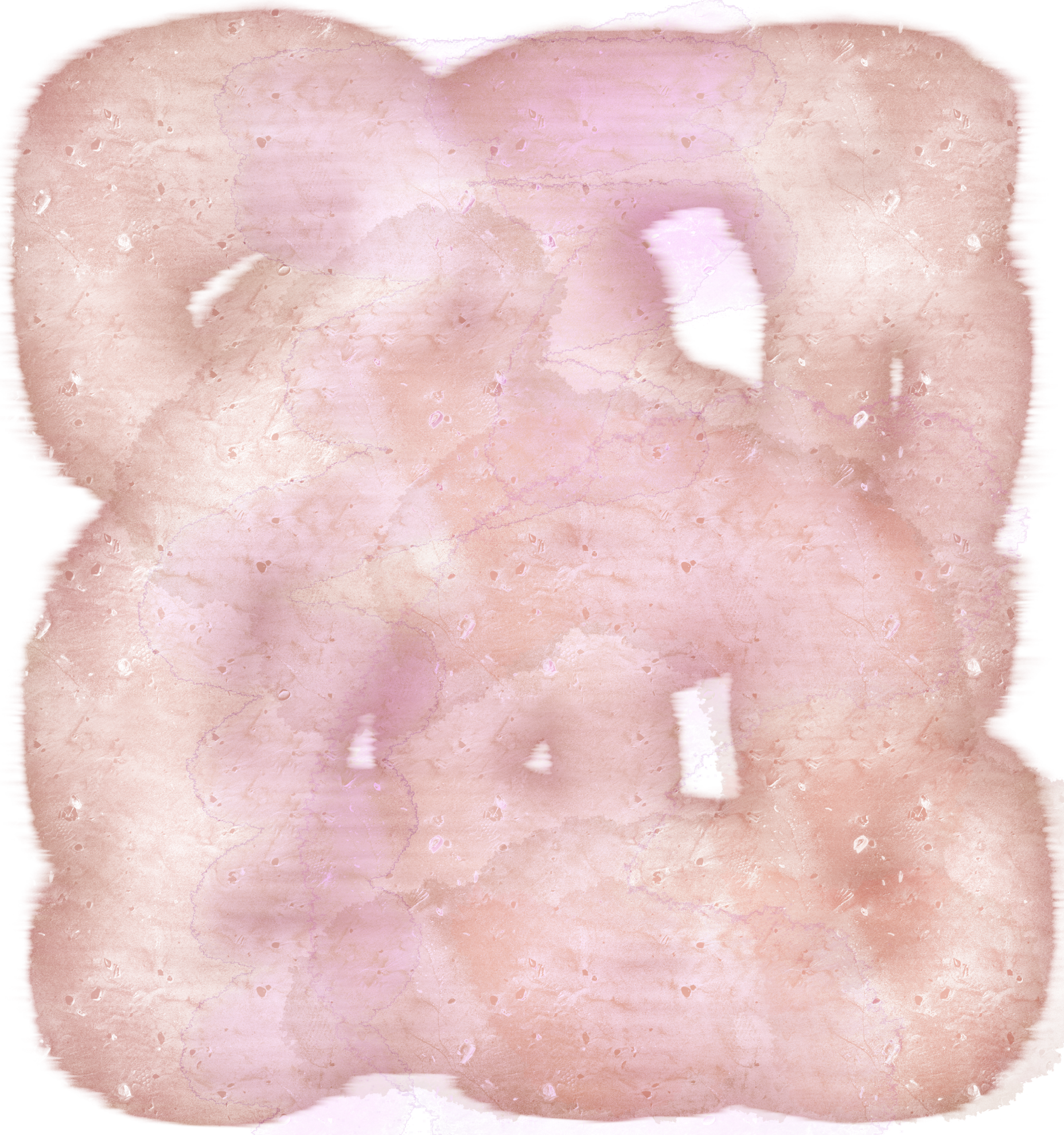
IMPACT BASE
Our Impact Base documents Web3 technology in action around the world, providing a first of its kind collection of primary research on real world impacts happening today.
Case studies in our database document both the positive and negative impacts to inform appropriate policy and industry action.
-
We are looking for case studies that show how Web3 projects are improving lives, communities, and businesses — specifically projects demonstrating:
• Impact: Solves a problem and creates tangible economic, social, environmental or business impacts for people using or engaging with the project.
• Inclusion: Creates new access or opportunity.
• Community focus: Addresses the needs of a specific community or socioeconomic group.
Examples can include projects covering humanitarian services, financial services, responsible AI, identity & security, IP, climate, community development, etc.
Accepted projects could be shared with CCI’s global audience of industry leaders, regulators, legislators, and the public. All information shared will be used for the sole purpose of research.
-
All projects published to the Impact Base are evaluated against our core impact criteria which include the following considerations:
• Project Status: Is the project launched? It can be in pilot or test stage, but must be operational.
• Relevance: Is the project addressing a clear real-world challenge? Impacts documented should be relatable to specific communities, geographies, and/or constituencies to create tangibility.
• Impact: Is the project creating tangible economic, social, environmental or business impacts for people using or engaging with the project? Impact can be agnostic of project’s perceived value and can include cautionary tales.
• Inclusion: Does the project create access or opportunity that doesn’t currently exist?
• Reputation: Does key leadership pass a check of the Office of Foreign Assets Control (OFAC) Sanctions list? Has the project been the subject of legal actions or controversy, and if so, why?
• Traction: Has the project achieved significant milestones? Is the number of registered wallets or on-chain activity consistent with claimed impacts?
• Financial Soundness: Does the organization appear to have the resources needed to fulfill the project’s stated objective and appear to be stable? Has the project received investment support or have a reasonable business model?
• Corporate Responsibility: Does the organization have a statement of values that supports responsible operation and regulation? Have the organization’s investment or lending policies, practices or portfolio received attention and negative commentary?
EXPLORE THE IMPACT BASE
WeatherXM is a decentralized weather network that uses community owned small physical stations to collect weather data and reward station owners.
Bitwage is a payroll processing platform that allows employees to receive their paycheck in crytocurrency, stablecoins or local currency for remote workers.
EMTECH central banks and fintechs through compliant central bank digital currency (CBDC) infrastructure.
Metalabel is a digital platform facilitating collaboration, mutual promotion, and co-creation of creative public works.
Fonbnk and Mercy Corps Ventures partnered to accelerate digital economic access through the swapping of cellular airtime for digital currency.
Colombian fintech Quipu and Mercy Corps Ventures piloted DeFi lending to facilitate direct to provider loans for small businesses.
In a pilot partnership with Mercy Corps Ventures, Cinch tested the use of DeFi blockchain technology to offer credit products for smallholder farmers in Kenya.
Ejara and Mercy Corps Ventures piloted a DeFi fractionalized bond savings product to increase financial access for low-income and underbanked communities in Cameroon.
SympliFi, Kwanza Tukule, UTU, and Kotani Pay piloted the used of DeFi lending products to offer a Buy-Now-Pay-Later solution for informal vendors in Nairobi, Kenya.
ACRE Africa tested the use of smart contracts in climate insurance to improve experiences for climate-impacted smallholder farmers in Kenya.
Empowa is a decentralized property development and digital collectibles platform seeking to increase access to sustainable housing for traditionally excluded individuals through DeFi.
Building Blocks is a humanitarian project developed in the World Food Programme (WFP) Innovation Accelerator to improve aid tracking, coordination, and delivery.
EMPACT is a platform connecting young people from food-insecure communities to the digital economy through blockchain and machine learning technologies.
Figure offers home equity lines of credit (HELOCs) that can be secured by borrowing against digital assets.
Rahat provides cash and voucher assistance disbursement services for vulnerable communities impacted by climate catastrophes.
Meson Network is a global decentralized bandwidth marketplace, where users can exchange and borrow bandwidth across the world.
Starling Lab leverages blockchain and Web3 technologies to store and preserve sensitive digital records.
SpruceID is an open-source, decentralized digital identity credentialing and verification platform.
In 2022 and 2023, the United Nations High Commissioner for Refugees partnered with the Stellar Development Foundation to provide cash assistance to Ukrainians forcibly displaced by the war with Russia.
Althea is a “last mile” decentralized Internet Service Provider (ISP) platform built on top of blockchain technology.
Leaf is a digital wallet offering available on smartphones, feature phones, and other mobile devices, enabling domestic and cross border value transfer.
Open Earth is a nonprofit research organization developing open-source technologies for environmentally conscious use cases.
Artizen is a community fund that matches support for art, science, technology, and design projects.
Proof of Humanity is a decentralized digital self-sovereign identity registry.
impactMarket is an educational, crypto lending and Universal Basic Income (UBI) protocol for underserved communities.
Atlantis utilizes a DAO structure and crypto rails to coordinate natural resources.
CARE International and Binance Charity Foundation piloted the use of stablecoins to deliver cash assistance to COVID-19 impacted communities in Western Kenya.
With Mercy Corps Ventures, DIVA Donate piloted blockchain-based cash transfers to climate-impacted pastoralist communities in Kenya.
The ixo blockchain Protocol defines open standards for verifiable claims about changes in the state of the world, such as social and environmental impact outcomes.
Agrotoken creates grain-backed digital assets for the global market.





